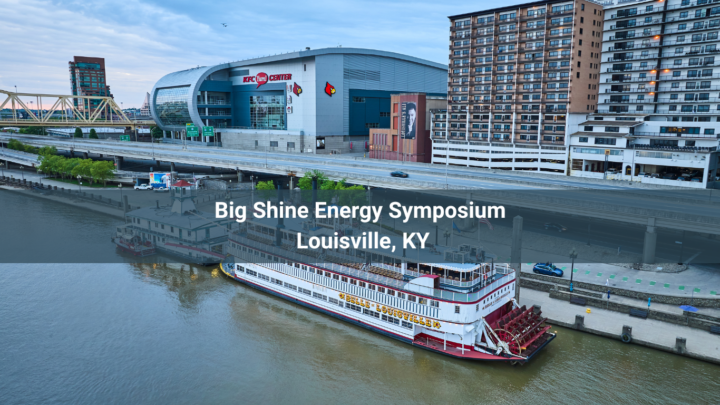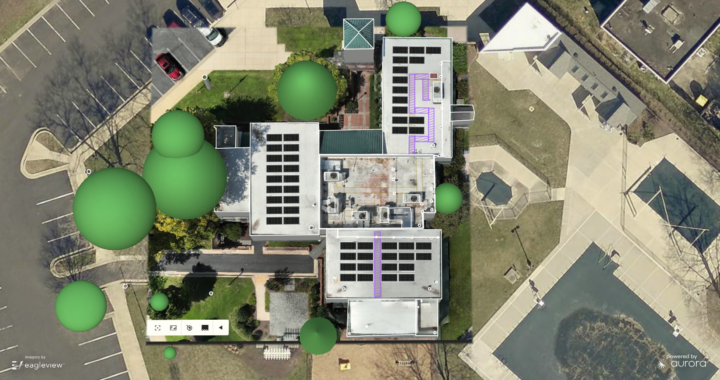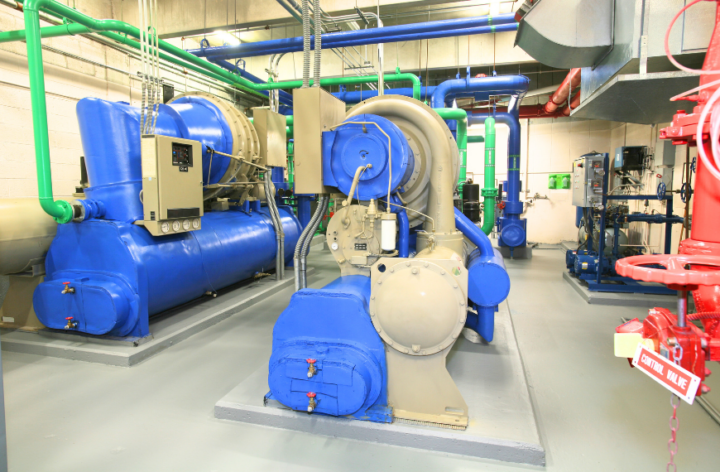Building owners need an energy audit to identify inefficiencies in their buildings to reduce energy consumption and costs. However, they may lack the experience, and equipment necessary to conduct a thorough and accurate audit themselves. A Certified Energy Auditor (CEA) is the best person for this job. Why should building owners choose a CEA rather than an auditor who is not certified? A CEA provides an objective and unbiased assessment of a building’s energy performance. CEAs provide a comprehensive objective scope of work, which is essential for developing an effective energy management strategy. Let’s see three key reasons why every building owner should work with a Certified Energy Auditor.
Certified Energy Auditor Certification
A Certified Energy Auditor is a professional who has received training and certification from the Association of Energy Engineers (AEE). To become a CEA, an individual must meet certain eligibility requirements. Eligibility includes having a minimum level of education and professional experience in the energy industry. They must also pass a rigorous examination that tests their knowledge of energy auditing techniques, and energy management principles. On the other hand, an auditor who is not certified may not have any formal training, and their qualifications and experience may vary widely.
In addition to certification, CEAs demonstrate their specialized knowledge through their ability to perform comprehensive energy audits. They have a deep understanding of energy-consuming systems and technologies. Thus, they can identify areas where energy savings can be realized. They use specialized tools and techniques to measure energy consumption and analyze data. CEAs participate in ongoing professional development and continuing education to maintain their certification. Professional development ensures that CEAs stay up to date with the latest industry standards, and best practices. Additionally, CEAs must be up to date on the laws and regulations at the federal, state and local levels.
Comprehensive Scope of Work
CEAs understand the energy audit process clearly and can identify and recommend energy-saving measures in various buildings and industries. They understand of the latest energy-saving strategies, and they can produce detailed reports with recommendations for reducing costs. In contrast, an unlicensed audit professional may lack the same level of knowledge or expertise. Additionally, their scope of work may be limited to basic energy assessments.
Throughout the audit process, CEAs use their specialized knowledge and expertise to identify and prioritize energy-saving opportunities. They rank opportunities based on the building’s specific energy profile and usage patterns. They also consider relevant industry standards and regulations, as well as the client’s goals and budget constraints. By following this structured process, CEAs can consistently provide clients with actionable recommendations for achieving energy savings.
Accountability and Compliance
CEAs maintain high standards of professionalism and ethical conduct. Firstly, they must comply with industry regulations and standards, such as the International Performance Measurement and Verification Protocol (IPMVP). This protocol provides guidelines for measuring and verifying energy savings. CEAs follow recognized best practices for energy auditing, as established by industry organizations like AEE.
Secondly, CEAs are accountable for the quality of their work through a rigorous quality control and assurance process. Other CEAs may peer review the auditor’s work for accuracy and completeness. CEAs may also be subject to audits or inspections by regulatory agencies or other oversight bodies.
Finally, CEAs carry professional liability insurance, which provides protection to clients in the event of errors or omissions. This insurance ensures that CEAs are financially accountable for their work and provides clients with additional peace of mind.
Choose a Certified Energy Auditor
CEAs are trained professionals with specialized knowledge in energy auditing techniques and energy management principles. Are you looking for ways to reduce energy consumption and costs in your building or facility? Contact Big Shine Energy and talk to our CEAs to help you identify areas for energy savings.









